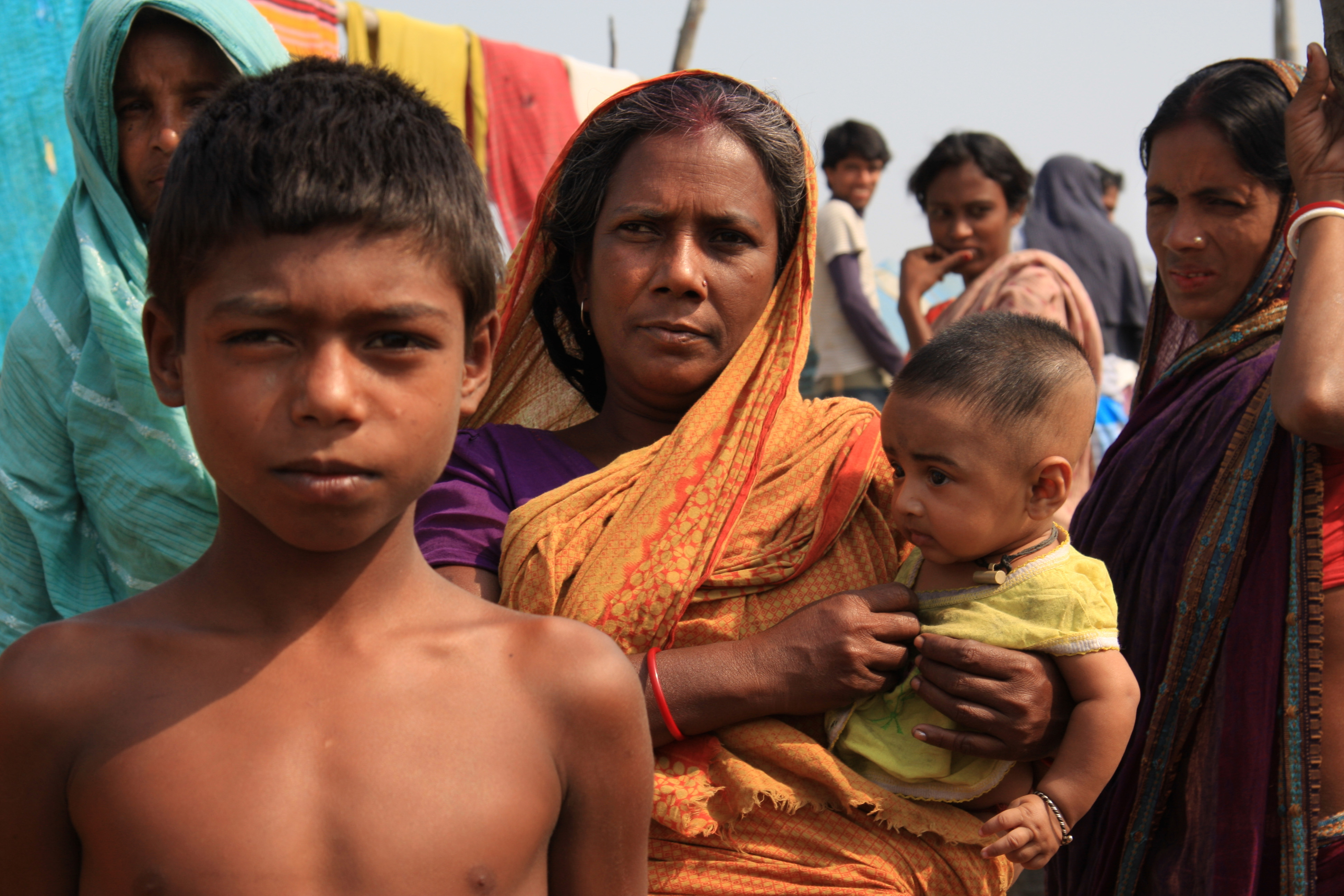Contentious Copenhagen deal risks unravelling

A last-minute deal to salvage United Nations climate talks fell into crisis late Saturday night after developing nations rejected a plan worked out by some of the world’s major economies.
The United States, China, India, South Africa and Brazil spearheaded a deal that espoused “deep cuts in global emissions” and financing for poor nations but left out plans to adopt a legally binding agreement by next year.
Meant to be the high point of two years of negotiations, the meeting in Copenhagen risked ending with no firm UN accords.
European Union nations on Friday reluctantly agreed to sign the agreement but others including Venezuela, Sudan and Tuvalu said they opposed the deal, which would need the unanimous backing of 193 countries to be adopted.
Jose Romero, deputy head of the Swiss delegation, called the text adopted on Friday evening plenary session “fairly balanced”.
“It is not binding but it goes far enough in terms of voluntary commitments by states to reduce greenhouse gases, and provides a comprehensive for continued efforts,” he said.
But even for the Swiss delegation, the final outcome is uncertain. The country did not participate in conference’s last plenary session, an all-night marathon punctuated increasingly by irritable exchanges between national negotiators.
One Saudi delegate said it was without doubt “the worst plenary I have ever attended.”
The text could be altered at the last minute, a Swiss source said. Environment Minister Moritz Leuenberger will hold a press conference on Saturday, a spokesman for the Federal Environment Office said.
Opposition
If some nations are opposed to the Copenhagen deal, it would be adopted only by its supporters, currently a group of major nations representing more than half the world’s greenhouse gas emissions, but would leave many countries most vulnerable to global warming out of the loop.
Delegates of Venezuela, Bolivia, Cuba and Nicaragua angrily denounced the agreement, saying it would not help address global warming and was unfairly worked out behind closed doors at the conference.
Opponents said the document, which sets a target of limiting global warming to a maximum two degree Celsius rise over pre-industrial times and holds out the prospect of $100 billion (SFr104 billion) in annual aid from 2020 for developing nations, was too weak.
A Sudanese delegate said the plan in Africa would be like the Holocaust by causing more deadly floods, droughts, mudslides, sandstorms and rising seas.
The document “is a solution based on the same very values, in our opinion, that channelled six million people in Europe into furnaces,” said Sudan’s Lumumba Stanislaus Di-aping.
“The reference to the Holocaust is, in this context, absolutely despicable,” said Anders Turesson, Sweden’s chief negotiator.
“This institution faces a moment of profound crisis at this meeting,” British Environment Minister Ed Miliband said. He urged delegates to accept the plan, which he said would improve the lives of millions.
Falling short
Many nations said the deal fell far short of UN ambitions for Copenhagen, meant as a turning point to push the world economy towards renewable energies such as hydro, solar and wind power and away from fossil fuels.
European nations were lukewarm to a deal that cut out some goals mentioned previously in draft texts, such as a target of halving world greenhouse gas emissions by 2050.
“This particular text falls far short of our expectations,” the European Commission president, Jose Manuel Barroso, said.
“The decision has been very difficult for me. We have done one step, we have hoped for several more,” said German Chancellor Angela Merkel. She had hoped that all nations would promise deeper cuts in emissions, mainly from burning fossil fuels, during the summit.
Before leaving, US President Barack Obama said the deal was a starting point.
“This progress did not come easily and we know this progress alone is not enough,” he said after talks with China’s Premier Wen Jiabao and leaders of India, South Africa and Brazil.
“We’ve come a long way but we have much further to go,” he said of the deal.
“The meeting has had a positive result, everyone should be happy,” said Xie Zhenhua, head of China’s climate delegation.
swissinfo.ch and agencies
Nearly 200 countries are meeting in Copenhagen until December 18, trying to reach a global agreement to follow or extend the Kyoto Protocol, which runs out at the end of 2012.
Climate scientists say the world has between 10 and 20 years to reverse the upwards trend in greenhouse gas emissions. If this is not achieved, it will be difficult for humans to adapt to the consequent destabilisation of the climate.
Copenhagen was meant to reduce greenhouse gas emissions so that temperatures do not rise globally by more than two degrees in comparison with the pre-industrial age.
The UN Intergovernmental Panel on Climate Change (IPCC) says industrialised countries need to reduce their emissions by 25% to 40% of their 1990 levels by 2020.
It has called on the rich nations to reduce their greenhouse gas emissions by 80% to 95% by 2050, and developing countries by 50%.
The Swiss government proposes that Switzerland should reduce its emissions by 20% of their 1990 level by 2020.
Switzerland said it was prepared to increase its target to 30%.

In compliance with the JTI standards
More: SWI swissinfo.ch certified by the Journalism Trust Initiative












You can find an overview of ongoing debates with our journalists here . Please join us!
If you want to start a conversation about a topic raised in this article or want to report factual errors, email us at english@swissinfo.ch.